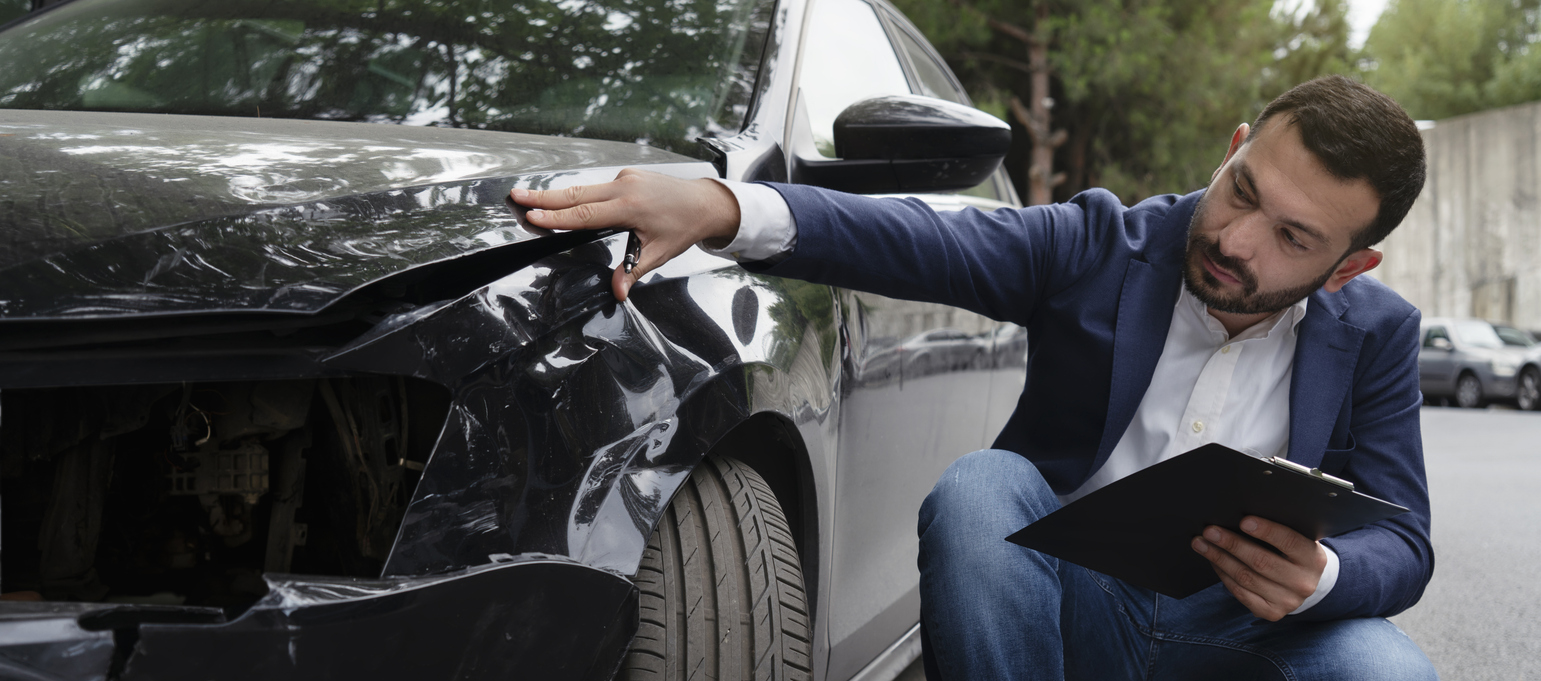Cogburn Davidson | June 9, 2025 | Car Accidents

A single misphrased sentence can cost thousands when you’re on a recorded line with an insurance adjuster. At Cogburn Davidson Car Accident & Personal Injury Lawyers, we’ve spent 40+ years turning insurer conversations into six- and seven-figure recoveries for Nevada crash victims. Here’s what we recommend:
Call Your Insurer Promptly—but Keep It Minimal
Nevada policies require “prompt notice” of any loss (check your declarations page). A short call within 24 hours satisfies the duty and stops the carrier from claiming late-report prejudice. Give only the basics:
- Your name and policy number
- Date, time, and location of the collision
- Vehicles and parties involved (names & plates if known)
- Police report number if an officer responded
Do not guess about speed, fault, or injuries. Simply state you are “still investigating” and will provide additional details in writing after medical evaluation.
(Read more: National Association of Insurance Commissioners—Auto Claim Guide)
What to Do When the Other Driver’s Adjuster Calls
Nevada law does not require you to give a recorded statement to the at-fault driver’s insurer. In fact, adjusters are trained to elicit “magic words” that reduce payouts.
Avoid the following, especially when speaking on a recorded line:
- “I’m sorry.” This sounds like an admission of fault.
- “I think…” Guessing invites misstatements.
- “Whiplash.” Adjusters tag the term as a soft-tissue red flag.
- “I’m okay.” Your adrenaline could be masking injury; let doctors speak.
Instead, politely respond with something similar to, “I’m still treating and have retained counsel. Please direct all questions to my attorney.”
(Read more: Nevada Division of Insurance—Understanding Auto Claims)
Documents You Should Provide—and When
| Document | Who Gets It | When to Send |
| Police report | Your carrier & opposing carrier | After it posts to LVMPD’s online portal (usually 7–10 days). |
| Photos of damage | Your carrier only | ASAP—Nevada requires carriers to inspect within 7 days of notice.* |
| Medical bills & records | Opposing carrier | After you reach maximum medical improvement (MMI) so all costs are known. |
*Nev. Admin. Code § 686A.675(1) states that the carrier must “promptly” inspect the vehicle.
Here’s Why You Should Let the Pros Do the Talking
Comparative-fault leverage
- Nevada’s 51 % bar under NRS 41.141 lets insurers shave every percentage point they can
- A skilled lawyer secures evidence and protects your words, ensuring that liability does not exceed the critical threshold
Evidence disappears fast
- Traffic-cam loops overwrite in 24–72 hours, vehicles get repaired, and witnesses scatter
- Early attorney intervention triggers preservation letters and subpoenas before the proof is gone
Written statements on your terms
- You’re obligated to cooperate with your carrier, but even that statement can flow through counsel
- This keeps you on script and off a recorded fishing expedition
Social media silence
- Insurers scrape public profiles and screenshot posts
- One “I’m okay” caption can undermine months of medical records
- Until the case is resolved, post nothing about the crash, your injuries, or your recovery
“We’ll close the file” scare tactics
- An adjuster may threaten to shut down your claim if you delay a statement
- Under NRS 11.190(4)(e), you have two full years to file a bodily-injury lawsuit, and no deadline can shorten that statutory right
The Insurance Company Records Every Word. We’ll Ensure Each One Protects Your Recovery.
Your first words after a wreck set the stage for every dollar that follows. Keep it short, stick to verifiable facts, and let seasoned counsel handle the rest. The car accident lawyers at Cogburn Davidson has recovered hundreds of millions for Nevadans by doing exactly that. Contact us today to book your case evaluation and learn more about your legal rights and options.
